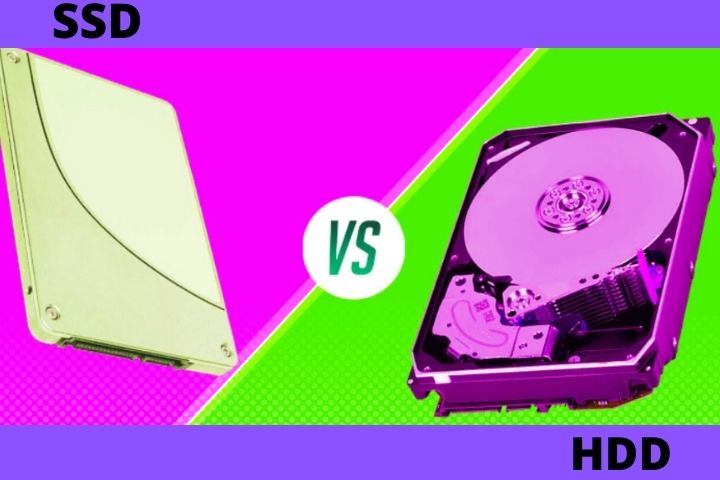You can find nowadays SSD drives are increasingly found in laptops, desktops, and even the latest generation of video game consoles.
Anyone familiar with the world of computers will have come across the word SSD on many occasions, especially in the product specification sheets that have appeared in the last two years. In a very summarized way, we could say that it is a type of storage unit that offers many advantages compared to traditional systems.
Table of Contents
What Is An SSD?
SSD is to save and maintain information on a computer is through a storage unit. We are talking about a physical component that is usually known as a hard drive. They keep the information in perpetuity. Traditional hard drives are the elements that have been fulfilling this mission, highlighting that they are increasingly capable and fast.
But in the last five years, they have come up with a competitor that improves it, in general, in everything: the SSD or Solid-State Drive.
How Is An SSD Different From HDD?
SSD is not going to have any moving or mechanical parts, as is the case with conventional hard drives. There are no discs and a reading head that moves through them; access to the SSD is completely electronic.
This makes a lot of difference since SSDs are faster in writing and reading data, significantly improving the performance of the equipment.
What Are The Advantages Of SSD Disks?
Comparing to the conventional HDD, there are many advantages and some of them are:
SSDs are not affected by magnetism and there will not be any suffering with sudden movements. The reading and writing are much faster – an SSD drive is 25 to 100 times faster than a typical hard drive. Its operation is completely silent. The energy consumption is much lower, something ideal for portable devices. They weigh much less and are smaller units.
What Is The Maximum Capacity Of An SSD?
SSD is a technology in which we find products that move between 256 GB and 4 TB, while in a conventional hard drive it is easy to buy a unit with 1 TB and go up to 10 TB. According to the research the high-capacity SSD has drives of up to 100 TB.
What Are The Disadvantages Of SSDs?
We find some relevant drawbacks such as that the useful life may be less than that of a hard disk. The reality is that it will be difficult to get to that point in the normal life of a user, who usually recycles equipment every four or five years. It is also interesting to know that the degradation symptoms of the SSDs are null. If they fail, they do it overnight without warning.
With an SSD it is very important to make backup copies since it is almost impossible to recover data in case of failure. The other big disadvantage today is the price, which is much higher per GB. It is true that in recent times it has been improved, but if what we are looking for is a large amount of memory regardless of speed, conventional hard drives are better.
